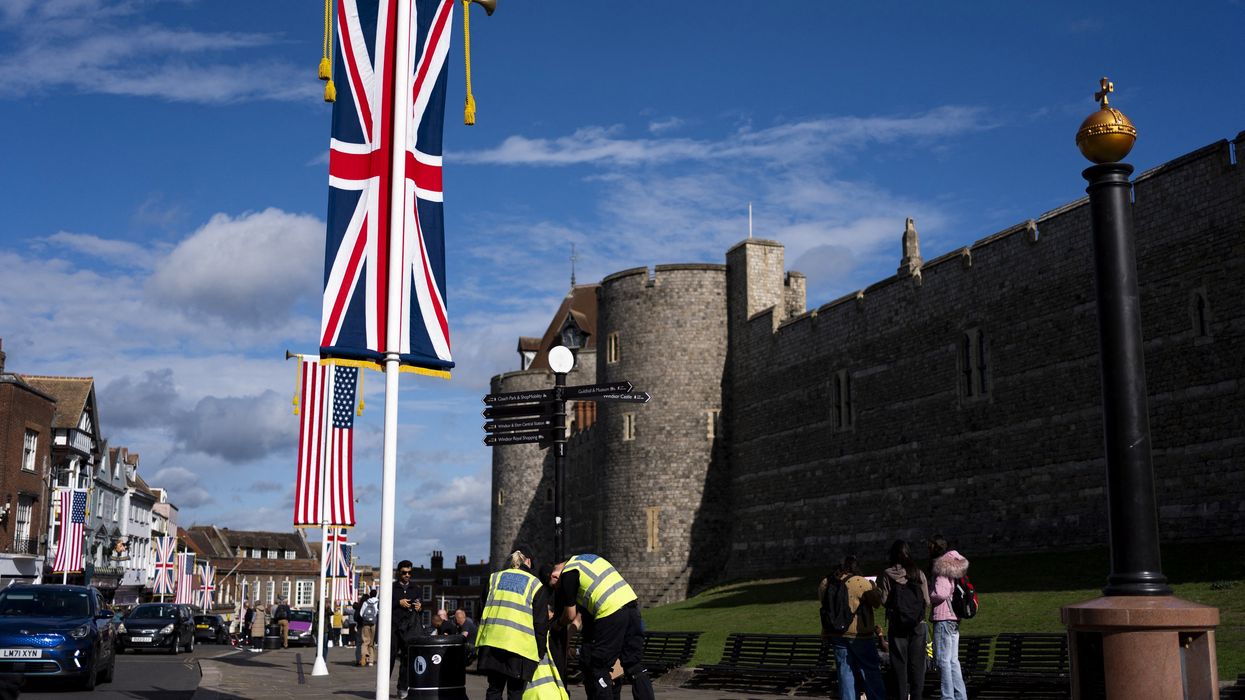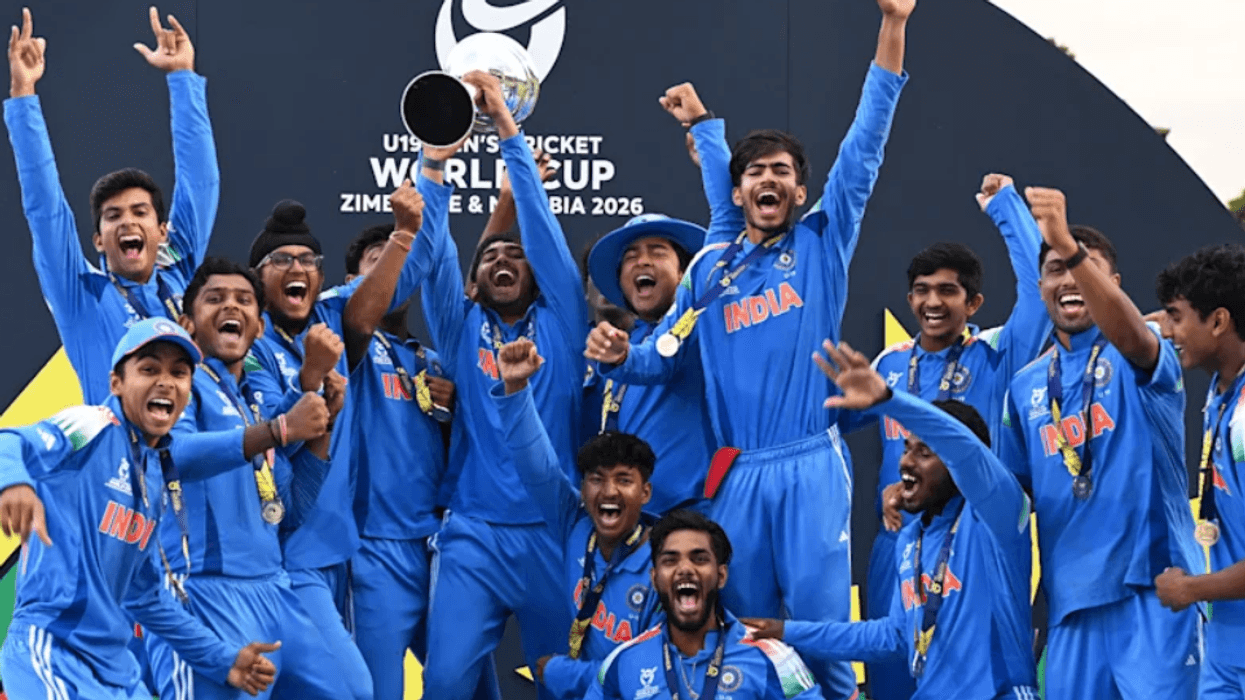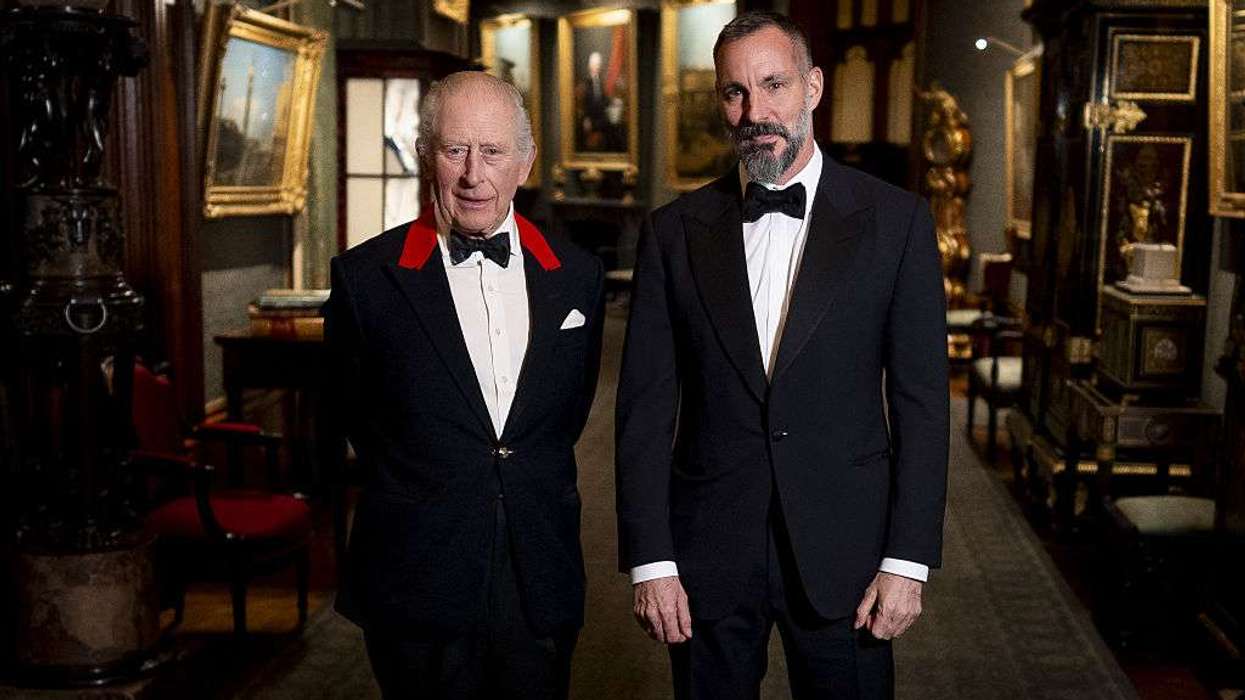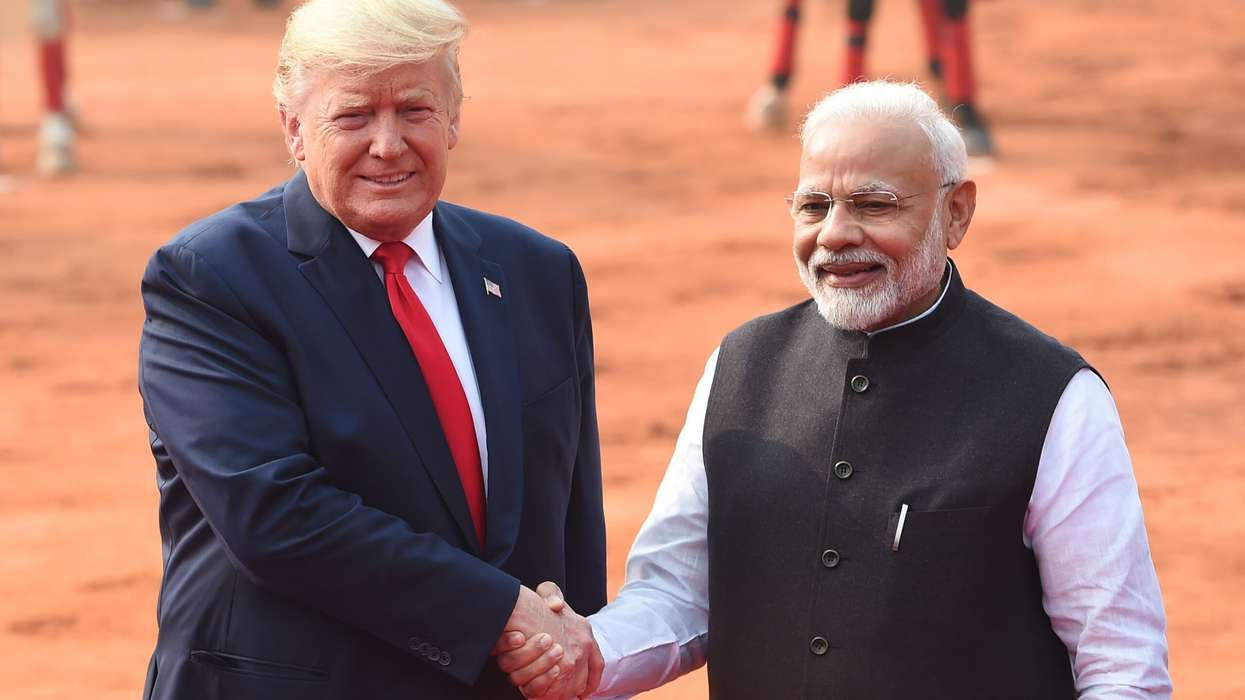US PRESIDENT Donald Trump’s visit sees the British state deploy all of its pomp and pageantry to stroke his ego. King Charles has the constitutional duty of pretending to like the American president, as his UK government seeks to limit the economic damage and diplomatic fallout of this more volatile second Trump term.
But could Trump’s presence provide a spectre of British politics yet to come? He arrives with Reform leader Nigel Farage riding high in the polls, and after Tommy Robinson’s mass rally in London.
Hope Not Hate called it the biggest far-right rally in British history. Many of those who attended would dispute that characterisation, but the organisers certainly had no qualms about platforming extremist content. Elon Musk went much further than Enoch Powell, whose ‘Rivers of Blood’ speech claimed to be prophesying violence to avert the danger. The radicalised Musk told the large crowd that violence was coming, so that they should adopt it pre-emptively. Musk’s ability to enter Britain in future must depend on a public retraction of this call for violence.
The mood music of British politics seems to be moving sharply to the right. Yet the Labour government has lost its voice on challenging racism for much of this summer. When it is struggling so badly on asylum, the fear of being perceived to call everybody racist has seemingly left it unable to criticise even neo-Nazis.
Immigration was one of Trump’s strongest issues at the last election. Nigel Farage now seeks to emulate that with his arguments for mass deportations and abolishing asylum in the UK.
So a new British Future report, “How we can actually stop the boats,” takes on the exam question that does most to keep ministers up at night. I have coauthored the report with Frank Sharry, a US immigration expert who also worked for the Biden and Harris campaigns. It details some surprising lessons from America about how to avoid our own Trump moment here.
For three years, the Biden administration struggled with unauthorised entry of two million people a year – a much greater inflow than the small boats that feel like an existential threat in Downing Street. Biden initially sought to duck the issue, seeing it as a distraction from his economic agenda. But that political strategy of avoidance failed.
Yet the untold story about the Biden administration at the border is not just about political failure – but also of a belated policy success. A mix of diplomatic cooperation, a significant new legal route and the refusal and return of those who came outside of it, led to illegal border crossings from Mexico falling by 81 per cent in the final year of the Biden administration. It happened too late, politically, for the Kamala Harris campaign, but it offers insight to Shabana Mahmood and Keir Starmer over how to defeat Trumpism in Britain.
The UK and US contexts are not identical but there are transferable lessons. The new UK-French pilot scheme works on similar principles. The initial pilot scheme may begin by removing 50 people a week – about 2,500 a year. That is around one in seventeen people crossing the Channel. A pilot won’t significantly reduce numbers, or disrupt the smugglers’ business model, while most people know this is unlikely to affect them .
But if the pilot can be expanded ten-fold, it would make returns more likely than not. At twenty times the scale, it could operationalise a returns guarantee. That could reduce crossings by 75 per cent and provide a path to closing down the irregular route as a viable way to claim asylum in Britain. The US experience offers hard evidence of what can be achieved when this approach is delivered at scale. The government does want to scale the pilot at pace and is dealing with the legal, practical and political challenges, including political instability in France.
The British Future report presents striking new evidence of how the ‘routes for returns’ deal can depolarise public opinion too. We hear a lot about the anger of those protesting outside hotels, and sometimes the counterprotestors too. But most people are balancers on immigration. A majority want action on Channel crossings but still want Britain to protect refugees in need. Farage’s rejectionist case for ditching the principle of refugee protection would destroy too much; but the humanitarian counter-argument needs to combine both more control as well as more compassion if it is to secure popular support.
The anti-Trump protestors can claim to speak for Britain: three-quarters of people remain bemused that American voters could have chosen Trump a second time.
Most people would prefer an orderly, controlled and humane system to the populist threat of tearing everything up. The government’s job is to show that combining control and compassion can work.
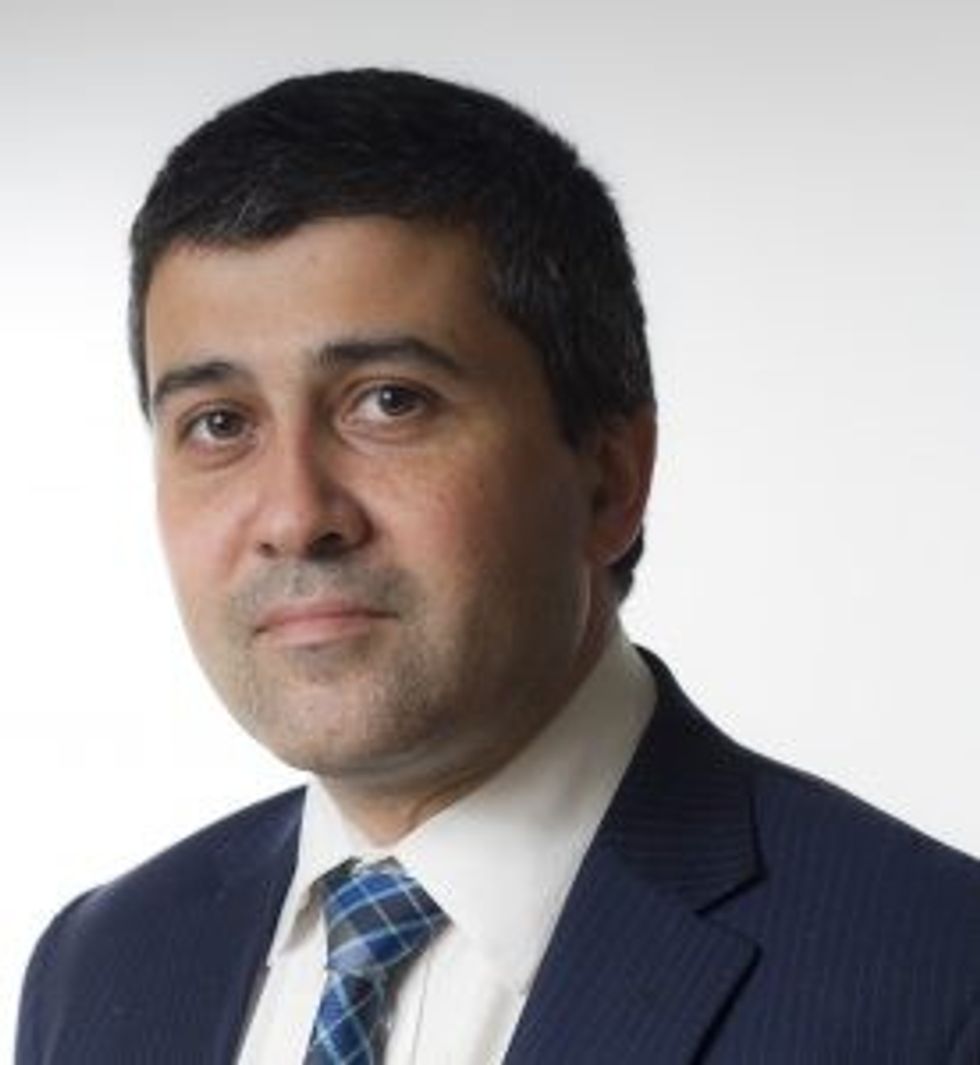 Sunder Katwala
Sunder Katwala
Sunder Katwala is the director of thinktank British Future and the author of the book How to Be a Patriot: The must-read book on British national identity and immigration.
